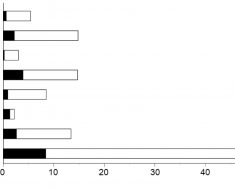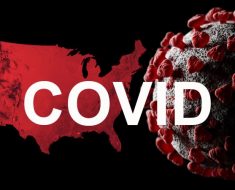
WEDNESDAY, Oct. 31, 2018 — There is a lack of convincing evidence for an association between statin use and non-cardiovascular disease (CVD) outcomes, according to a review published in the Oct. 16 issue of the Annals of Internal Medicine.
Yazhou He, M.D., from the University of Edinburgh in the United Kingdom, and colleagues examined the quantity, validity, and credibility of evidence relating to correlations between statins and non-CVD outcomes. They explored a total of 278 unique non-CVD outcomes from 112 meta-analyses of observational studies and 144 meta-analyses of randomized controlled trials (RCTs).
The researchers found no convincing (class I) evidence, two highly suggestive (class II) associations (decreased cancer mortality in patients with cancer and decreased exacerbations in patients with chronic obstructive pulmonary disease), 21 suggestive (class III) associations, and 42 weak (class IV) associations for the observational studies. There was a sufficient amount of evidence with no hints of bias for one outcome from the RCTs (decreased all-cause mortality in patients with chronic kidney disease). Observational studies had suggestive evidence that statins increase the risk for diabetes and myopathy. No statistically significant effects on myopathy, myalgia, or rhabdomyolysis were found among the RCTs.
“The absence of convincing evidence of an association between statins and non-CVD outcomes supports leaving the current recommendations unchanged,” the authors write.
Abstract/Full Text (subscription or payment may be required)

Posted: October 2018
Source: Read Full Article





